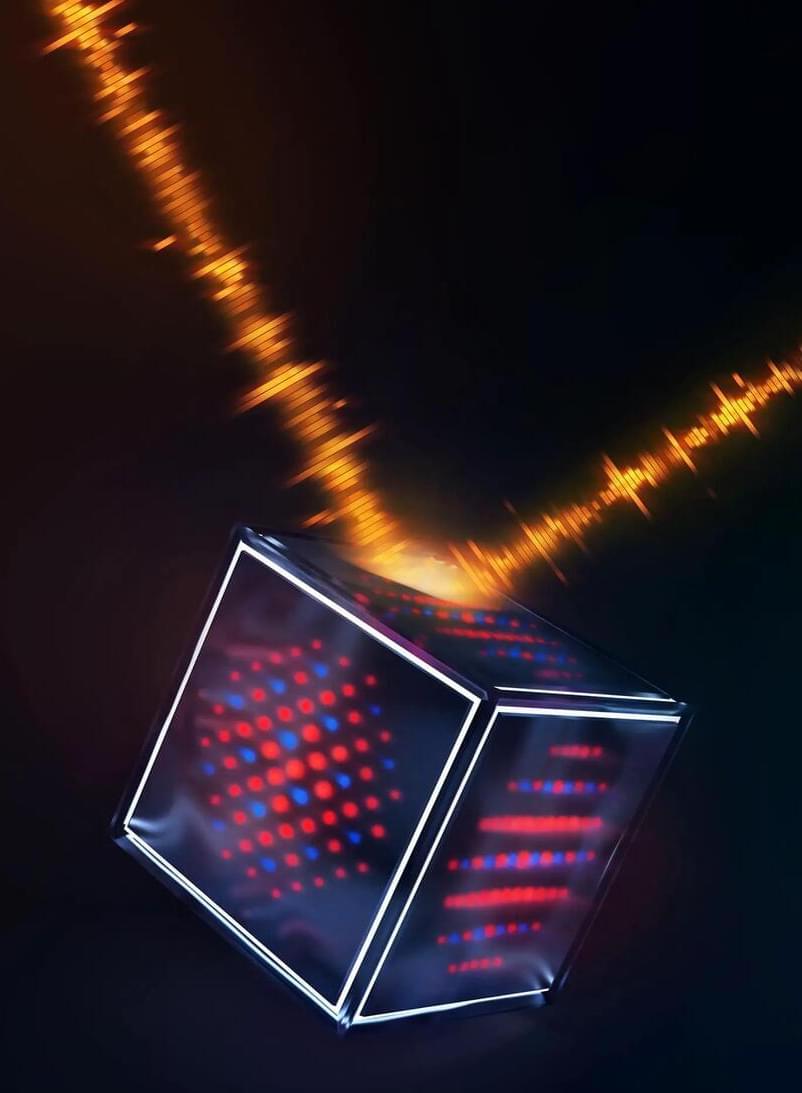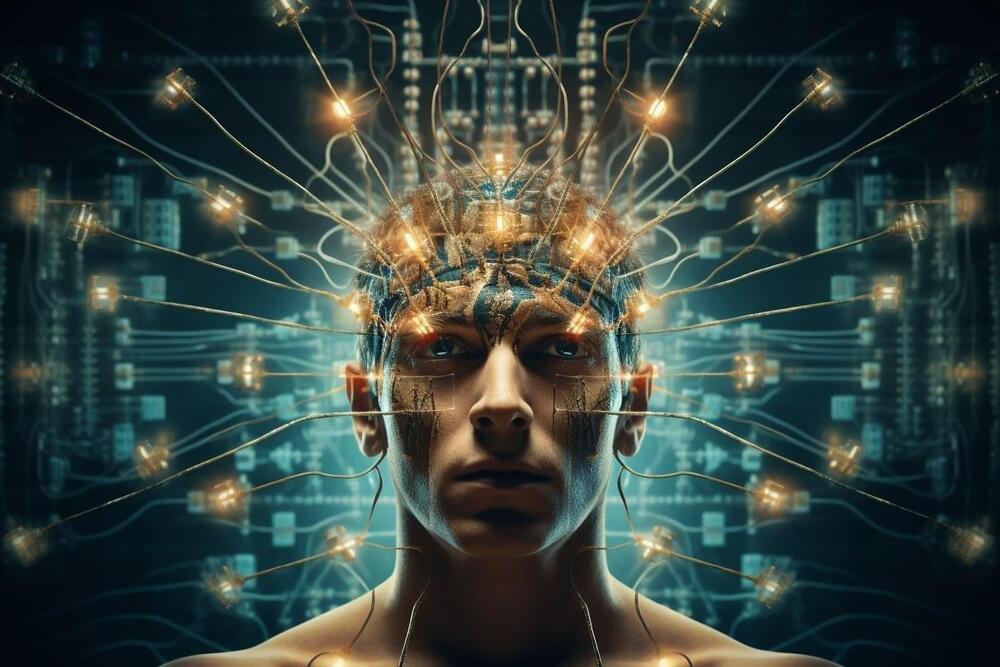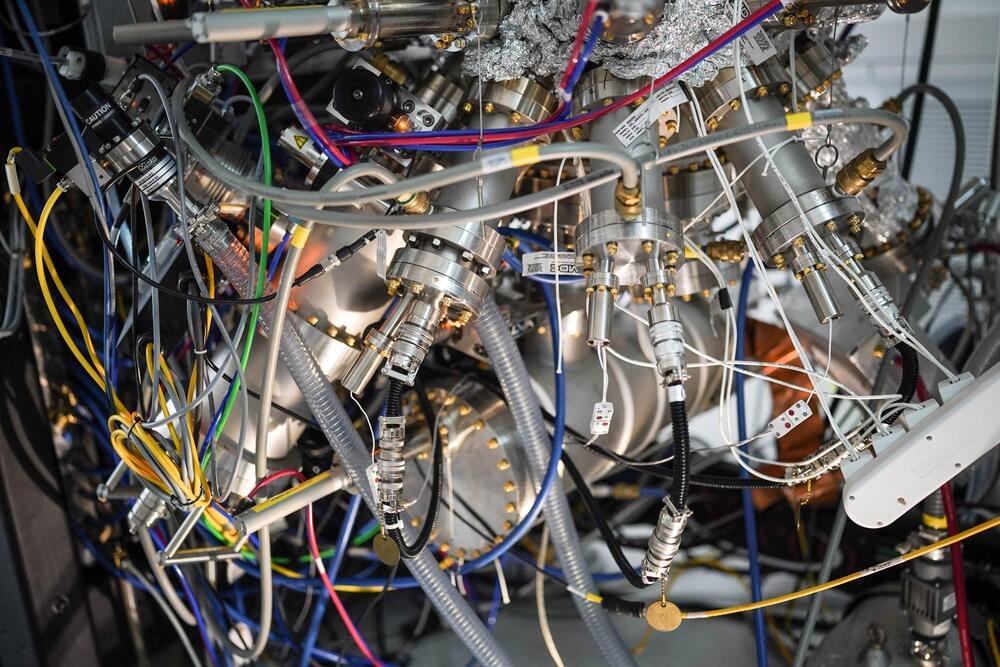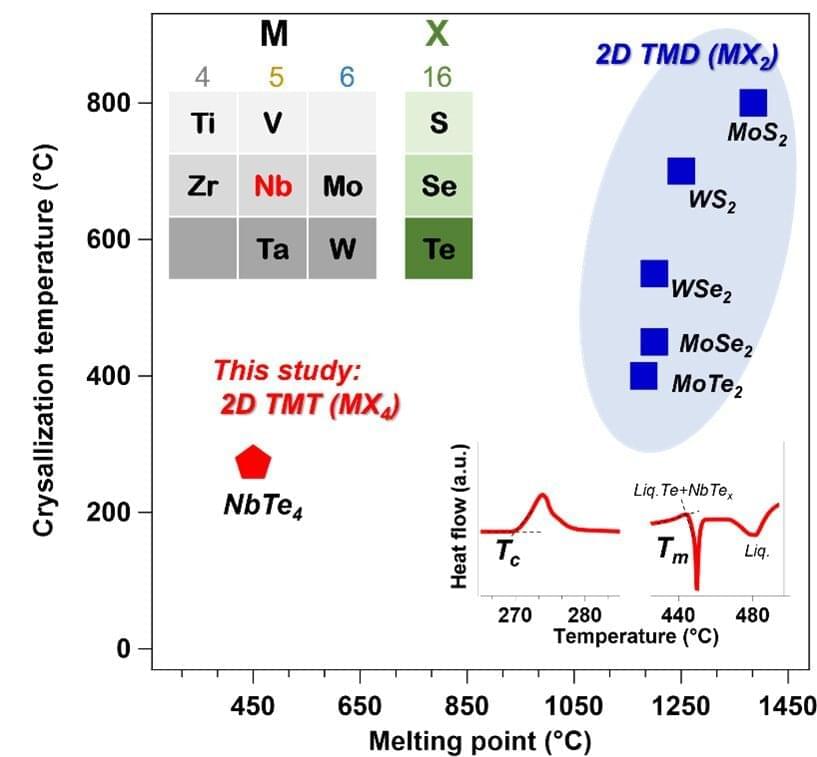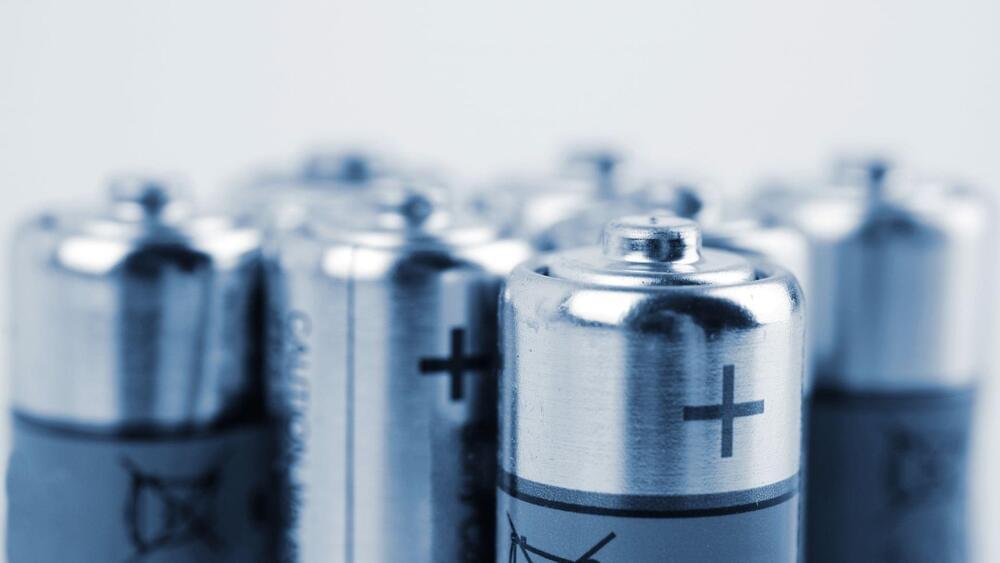Jul 10, 2023
Quantum Error Correction: Shattering the Breakeven Barrier
Posted by Paul Battista in categories: computing, quantum physics
Researchers have achieved a major milestone in quantum computing by extending the lifetime of quantum information beyond the breakeven point using Quantum Error Correction, opening the path for effective quantum information processing amidst real-world noise. Understanding Decoherence and Quantum E.
